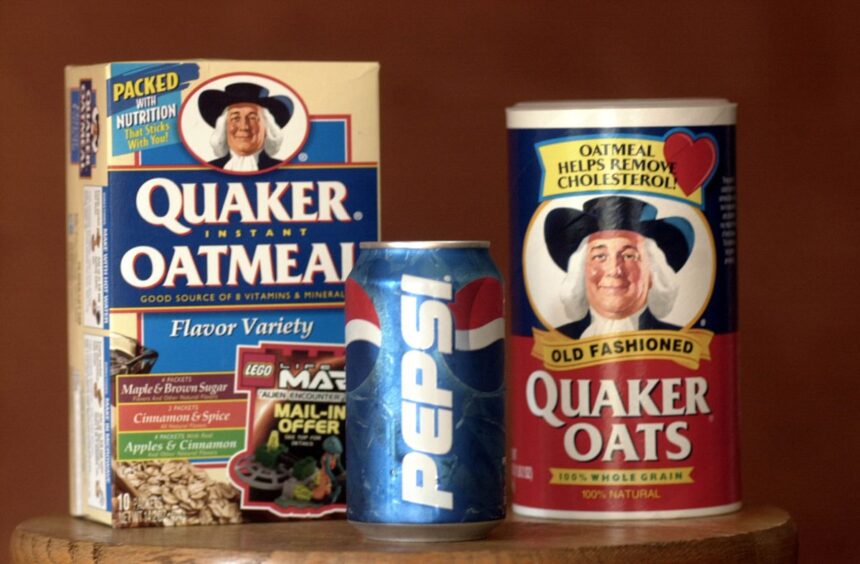Quaker Oats has long been a staple in households worldwide, known for its classic oatmeal and wholesome breakfast products. However, like any major food company, Quaker Oats occasionally faces recalls that can impact consumer safety and confidence. Understanding the causes, risks, and implications of a Quaker Oats recall is essential for consumers who rely on these products daily. In this article, we’ll delve into why food recalls happen, examine notable recalls in Quaker Oats’ history, explore the impact of recalls on both consumers and companies, and offer guidance on how to handle recalled products.
Why Do Food Recalls Happen?
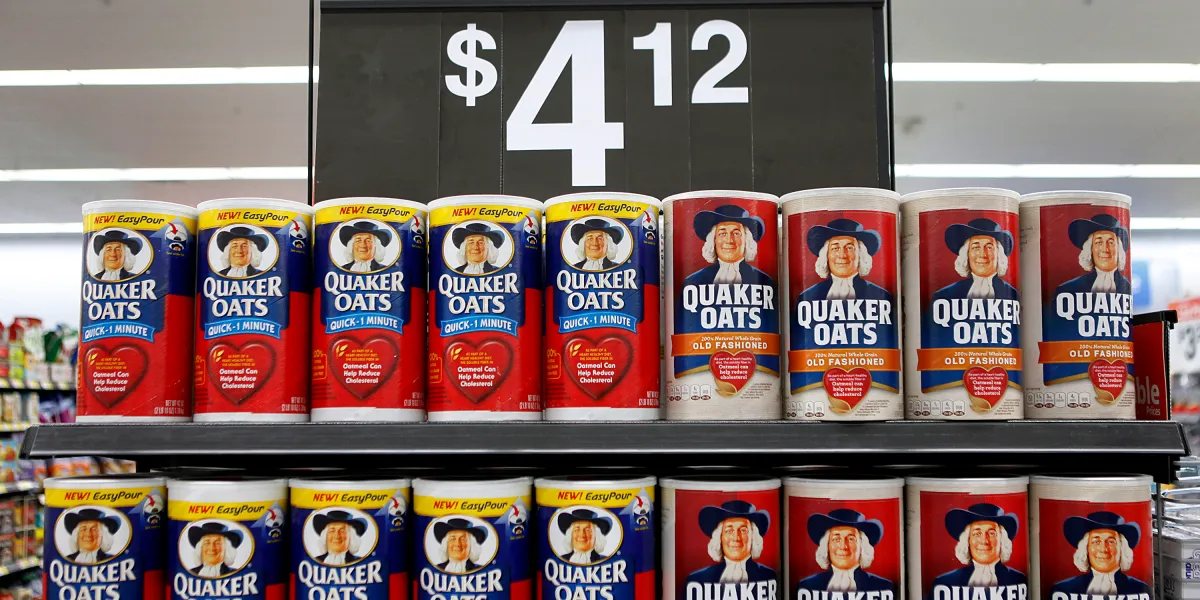
Food recalls are issued when a product is deemed unsafe for consumption due to contamination, mislabeling, or other health hazards. Recalls can occur for several reasons, including:
- Contamination: The most common reason, contamination can result from bacteria like Salmonella or E. coli. These bacteria can cause severe illness, especially in vulnerable populations such as children, elderly individuals, and those with weakened immune systems.
- Allergen Risks: Sometimes, products may contain allergens like nuts, dairy, or gluten that are not listed on the label. This can be dangerous for consumers with food allergies.
- Foreign Objects: Occasionally, products may contain foreign materials, such as pieces of plastic or metal, which can pose physical hazards.
- Improper Labelling: Mislabeling or failing to indicate ingredients properly can lead to confusion, especially for individuals with dietary restrictions or allergies.
Recalls are necessary measures taken to protect public health. They ensure that any potentially harmful products are removed from the market as quickly as possible.
Notable Quaker Oats Recalls
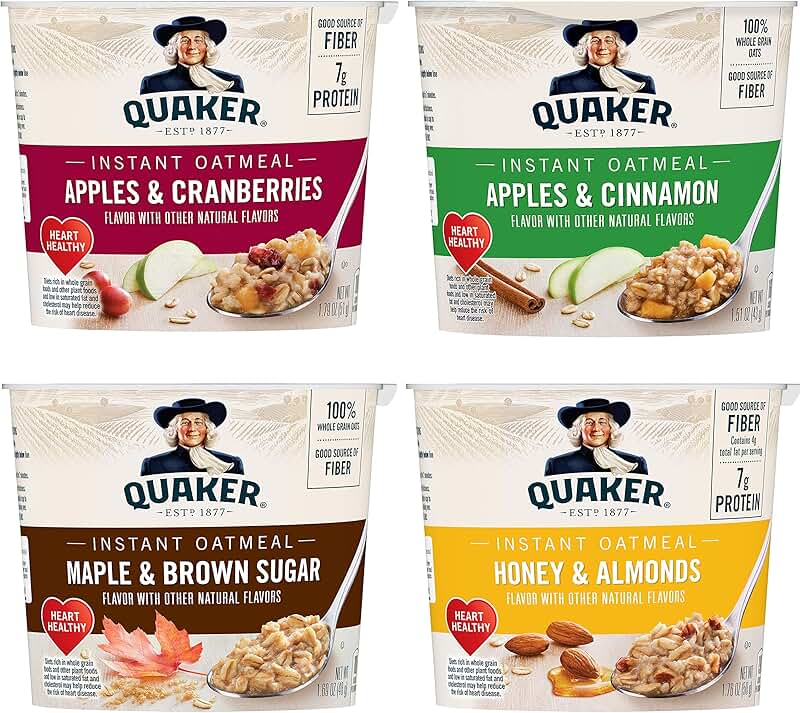
Quaker Oats, like other major food manufacturers, occasionally faces recalls. These recalls are often voluntary, indicating that the company is taking proactive steps to protect consumer safety. Here are a few significant instances when quaker oats recall products were recalled:
1. Quaker Oats Instant Oatmeal Recall
In 2018, Quaker Oats voluntarily recalled a limited number of its oatmeal products due to possible contamination with Salmonella. This specific recall affected a batch of Quaker Oats Instant Oatmeal products and was initiated after testing by an ingredient supplier indicated potential contamination. The recall was limited in scope and primarily affected certain varieties of instant oatmeal cups.
2. Granola Bar Recall
In another instance, Quaker Oats had to recall some of its granola bars due to the possibility of listeria contamination. Although the company sources ingredients from reliable suppliers, unforeseen contamination issues can occasionally slip through the quality control process, resulting in recalls like this one.
3. Undeclared Allergens
One of the common reasons for recalls in the food industry is undeclared allergens, and Quaker Oats is no exception. In a recall a few years ago, the company voluntarily pulled certain oatmeal products from shelves due to the presence of undeclared nuts. This was a precautionary measure to protect individuals with nut allergies, as consuming the product could have serious consequences for these individuals.
The Impact of Recalls on Consumer Trust
Recalls can affect consumer trust and influence purchasing habits. When a trusted brand like Quaker Oats issues a recall, it can create concern and hesitation among consumers. The perception of quality and safety may be temporarily affected, especially if the recall is large or highly publicised.
However, food recalls don’t always result in a significant long-term impact. Consumers are generally understanding when companies address issues transparently and take swift action to remove affected products. Quaker Oats has established itself as a trustworthy brand over the years, so most consumers tend to view recalls as isolated incidents rather than a reflection of the brand’s overall quality.
How Recalls Affect Companies
For companies, recalls can be costly and logistically challenging. Expenses associated with a recall can include:
- Product Retrieval: The company must retrieve products from store shelves, which requires coordination with distributors and retailers.
- Replacement and Refunds: Many companies offer refunds or replacement products to consumers, which incurs additional costs.
- Brand Reputation: While recalls are often seen as responsible actions, they can still affect a brand’s reputation and consumer trust in the short term.
- Legal and Compliance Costs: Depending on the nature of the recall, a company may face legal fees, fines, or compliance costs.
To mitigate these impacts, companies like Quaker Oats have strong quality control systems in place and act promptly when a recall is necessary. When recalls do happen, proactive steps like notifying consumers, offering refunds, and conducting thorough investigations help restore trust.
What Should Consumers Do If a Product Is Recalled?
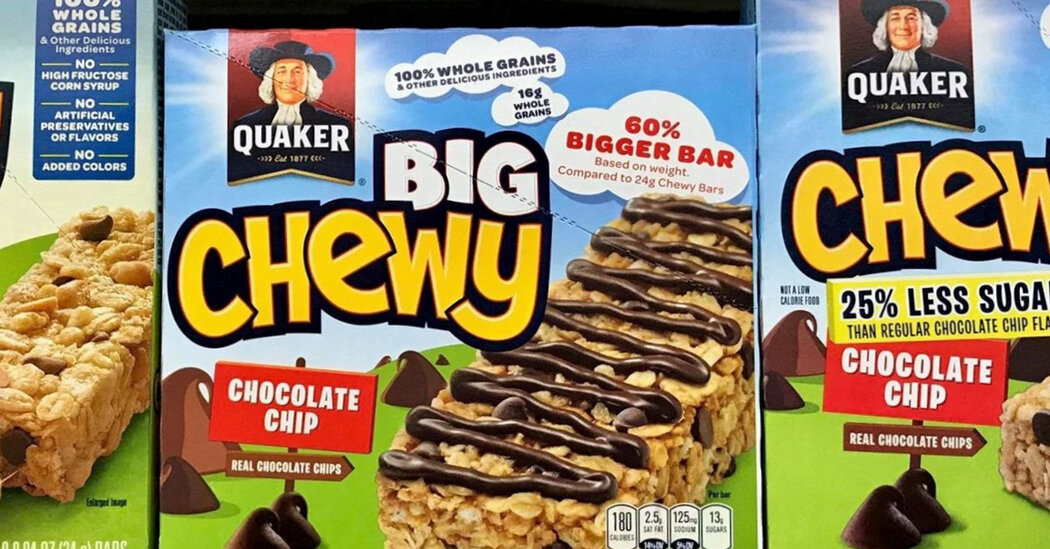
If you hear about a recall affecting a Quaker Oats product you own, it’s important to take action to ensure your safety and that of your household. Here are some steps to follow:
- Check the Batch Code: Most recall notices will provide details about specific batch codes, production dates, or product variations affected. You can check your product’s packaging to see if it matches the recalled batch.
- Stop Using the Product: If you have a recalled product, do not consume it. While some issues may seem harmless, it’s always safer to follow recall instructions.
- Contact Quaker Oats for Refunds or Replacement: In the event of a recall, Quaker Oats typically provides information on how to get a refund or replacement. Keep your receipt or proof of purchase, if possible, as this can expedite the process.
- Dispose of the Product Safely: If instructed to dispose of the product, follow the company’s guidance on how to do so. In cases of contamination, it’s often recommended to throw away the product to prevent accidental consumption.
How Does Quaker Oats Handle Recalls?
Quaker Oats, like most major food companies, has a detailed recall process in place to address any safety concerns quickly. Here are some typical steps Quaker Oats follows when issuing a recall:
- Immediate Investigation: Upon identifying a potential issue, Quaker Oats conducts a thorough investigation to determine the source and extent of the problem.
- Coordination with Regulatory Bodies: Quaker Oats works closely with regulatory bodies like the Food and Drug Administration (FDA) to ensure proper handling and compliance throughout the recall process.
- Notification to Consumers: The company notifies consumers through various channels, such as news releases, social media posts, and announcements on their official website. This ensures that as many affected consumers as possible are informed about the recall.
- Offering Reimbursements or Replacements: As a standard practice, Quaker Oats often provides consumers with a way to get a refund or replacement for recalled products. This shows a commitment to consumer safety and satisfaction.
- Post-Recall Review: After a recall is completed, the company typically conducts a post-recall review to identify what went wrong and implement preventive measures to reduce the likelihood of future recalls.
Staying Informed About Food Recalls
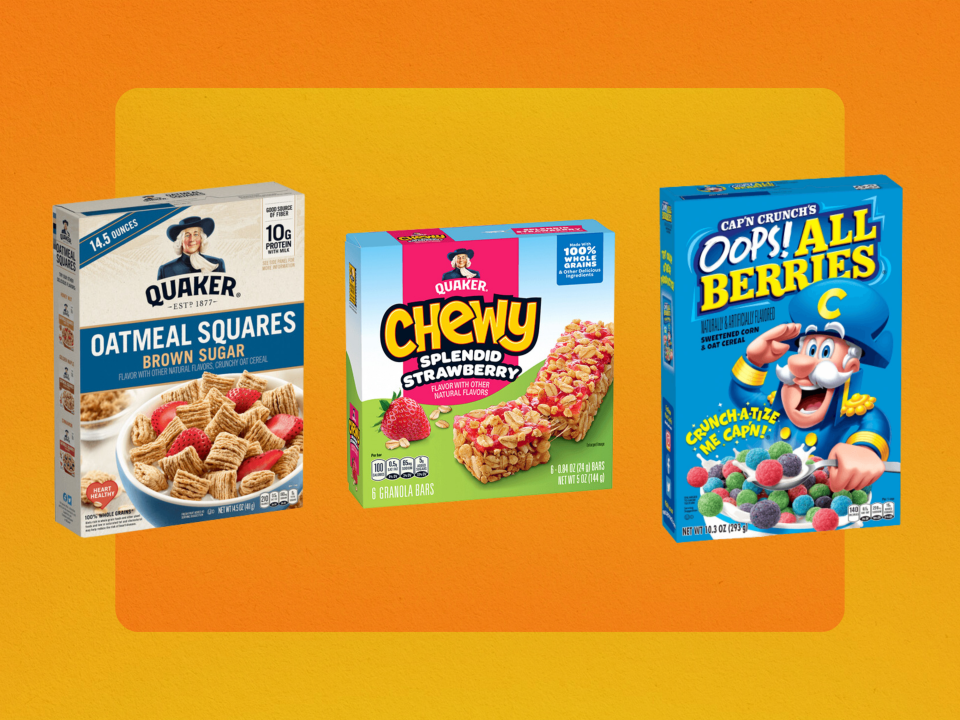
Consumers can stay informed about food recalls through several reliable sources:
- Company Websites: Major brands, including Quaker Oats, post recall information on their websites.
- FDA Website: The FDA maintains a list of current recalls across the food industry.
- News Outlets: Food recalls are often reported in news articles, especially when they involve widely used products.
Conclusion:
Quaker oats recall is committed to producing high-quality, safe products for its consumers, but occasional recalls are a reality in the food industry. While recalls can be inconvenient, they are essential for maintaining consumer safety and trust. By responding quickly and transparently, Quaker Oats minimises the risks associated with contaminated or mislabeled products, allowing consumers to continue enjoying their favourite breakfast items with peace of mind. If you ever find yourself with a recalled product, remember to follow the company’s instructions, seek refunds or replacements, and stay informed on how to prevent future risks in your kitchen.


